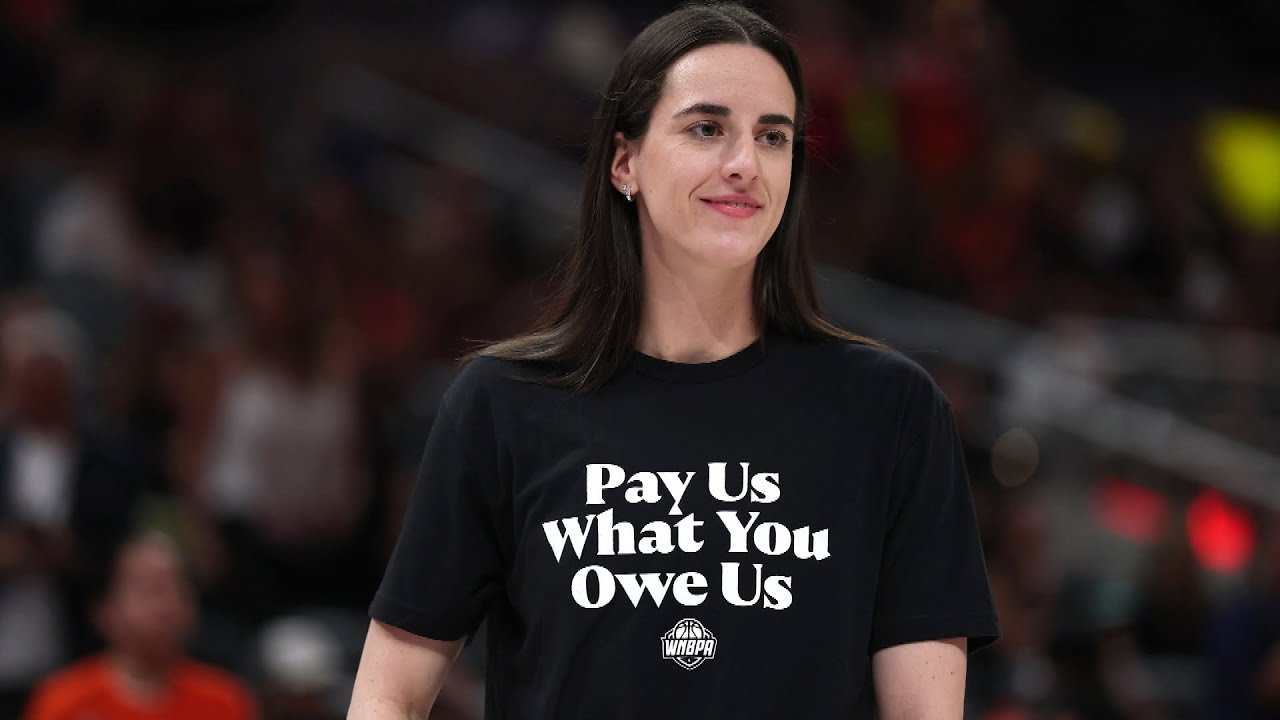The glitz and glamour of the MLS All-Star Game, a mid-season spectacle designed to showcase the league`s brightest talents, recently found itself missing two of its biggest stars. Lionel Messi and Jordi Alba, the venerable duo from Inter Miami, unexpectedly withdrew from the squad slated to face the Liga MX All-Stars. Their absence wasn`t merely a minor roster shuffle; it has ignited a discussion about league policies, player welfare, and the delicate balance professional sports leagues must maintain between commercial appeal and the physical demands placed upon their elite athletes.
The Rulebook`s Shadow: A Question of Policy
At the heart of this unfolding drama lies a fundamental MLS regulation: any player selected for the All-Star Game who subsequently misses the event without a confirmed injury risks a one-game suspension. This isn`t a whimsical penalty but a deliberate measure to ensure the integrity and star power of a marquee event. For Messi and Alba, whose withdrawal reason was not publicly disclosed as an injury, this rule now looms large. Should the league enforce it, they could be sidelined for Inter Miami`s crucial upcoming match against FC Cincinnati.
The Commissioner`s Conundrum: Balancing Act Under Scrutiny
MLS Commissioner Don Garber, ever the league`s public face, found himself in an unenviable position. While acknowledging the importance of the All-Star Game as a mid-season priority for all stakeholders – from fans and partners to team owners – he also conceded the extraordinary circumstances surrounding Inter Miami`s schedule. Messi, in particular, had endured a grueling period, playing nine matches in just 30 days. “Miami`s had a schedule that is unlike any other team. Most of our teams had a 10-day break. Miami hasn`t,” Garber stated, highlighting the unique physical strain on his star players.
Yet, despite this empathy, the commissioner reaffirmed the league`s commitment to its rules. “We do have rules and we have to manage through that as well,” he articulated, hinting at the difficult conversation now underway between the league office and Inter Miami. This statement encapsulates the modern sports league`s perpetual tightrope walk: how do you leverage the immense appeal of global superstars without pushing them to the brink, all while upholding established precedents? Garber`s admission that the situation “should`ve been addressed earlier” speaks volumes about the reactive, rather than proactive, nature of this particular controversy.
Inter Miami`s Immediate Future: A Game on the Line
For Inter Miami, the stakes are tangible. Already trailing FC Cincinnati by seven points in the Eastern Conference, missing two pivotal players – especially their talismanic captain Lionel Messi – for a direct competitive fixture could prove detrimental. While Miami possesses games in hand, points on the board are undeniably more valuable than potential future gains. The specter of a suspension adds a layer of uncertainty to an already challenging season as the Herons strive to climb the standings.
Beyond the Field: Player Welfare Versus Commercial Imperatives
This incident transcends a simple disciplinary matter; it`s a microcosm of a larger, ongoing debate in professional sports. The insatiable demand for elite athletes to participate in exhibition matches, international friendlies, and packed league schedules places immense pressure on their bodies and minds. All-Star games, while lucrative and fan-engaging, often fall outside the competitive rhythm of a regular season, raising questions about their necessity for players already stretched thin.
Is it reasonable to expect players who have just endured a relentless series of competitive fixtures to then expend energy in a non-competitive showcase? The commercial logic is undeniable: star power sells tickets, broadcasts, and merchandise. But at what cost to the players themselves? This situation forces leagues to confront the delicate balance: how much can they demand of their most valuable assets before the well-being of the players, and by extension the quality of the product, begins to suffer?
Looking Ahead: A Precedent in the Making?
As the MLS engages in discussions with Inter Miami, the outcome will undoubtedly set a precedent. Will player fatigue be recognized as a legitimate, unconfirmed “injury” in exceptional circumstances, or will the letter of the law be strictly applied? This decision will not only impact Messi and Alba but will also send a clear message to all other players in the league regarding the league`s stance on mandatory appearances versus player autonomy and health.
The MLS, like other evolving leagues, finds itself at a pivotal juncture. It has successfully attracted global icons, elevating its profile significantly. The next challenge is to manage that star power sustainably, ensuring the longevity and health of its most valuable assets while satisfying the commercial demands that drive modern football. This All-Star Game absence, far from being a mere footnote, could well become a critical inflection point in that ongoing journey.

